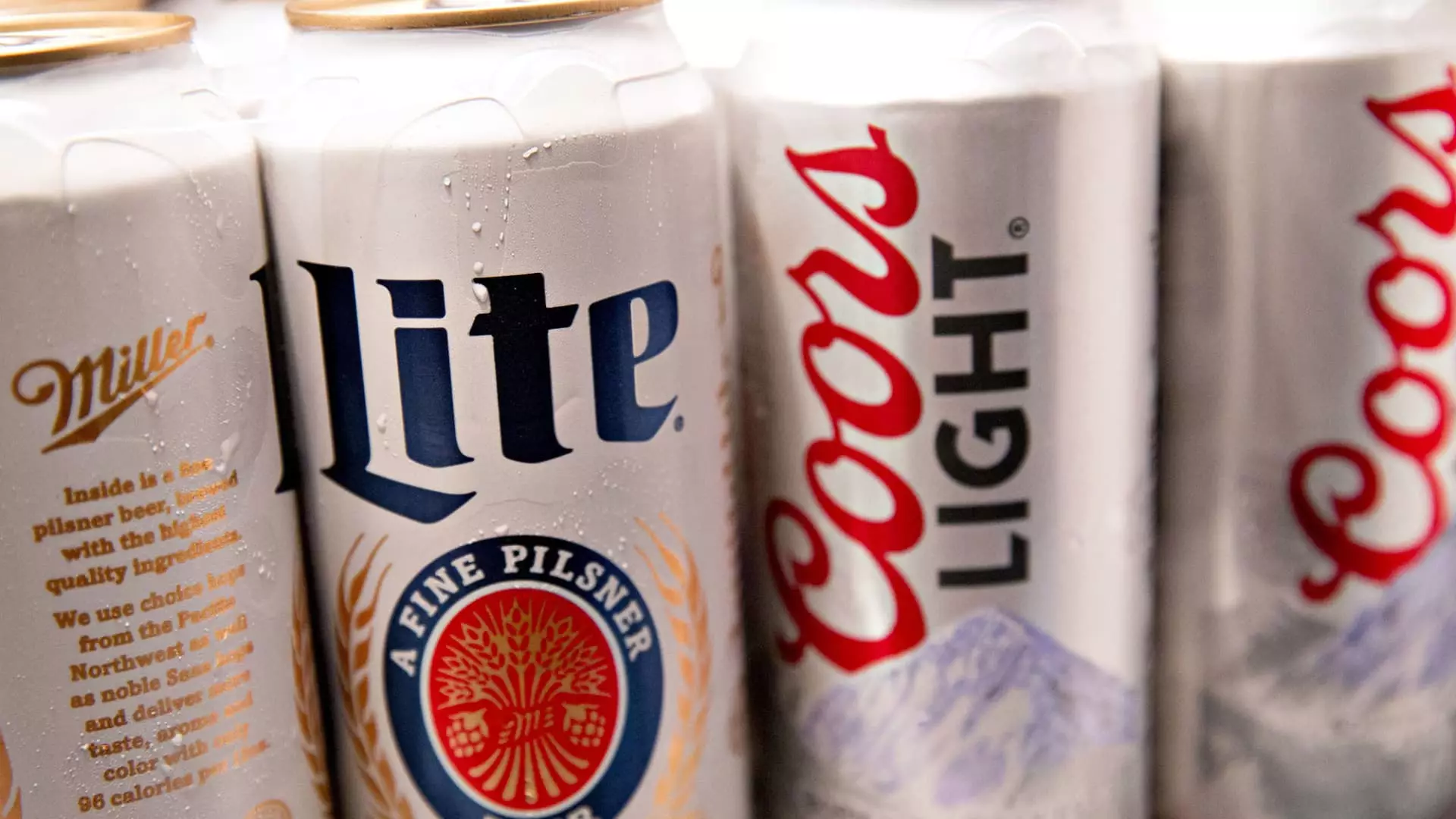As Americans prepare for the much-anticipated Fourth of July festivities, the patriotic spirit seems to come at a steeper price than ever before. While the holiday is often portrayed as a celebration of freedom and unity, recent economic analysis reveals a hidden cost: tariffs and trade policies are quietly inflating the very items that make these gatherings special. What was once a straightforward summer cookout now feels like a financial trap, with prices climbing at a startling pace, forcing countless families to tighten their belts and rethink their patriotic indulgences.
Trade Policies: A Misguided Push for National Pride
The latest data indicates a troubling trend—trade tariffs, ostensibly designed to protect American industry, are instead driving up the costs of everyday essentials. The implementation of 25% tariffs on beer imports and aluminum materials has led to a significant surge in the price tags for popular products: beer brands like Miller Lite and Coors Light have risen over 13%, while imported beers such as Peroni and Modelo have surged double digits. Inflation is not just a number but a barrier that compromises the very experiences that define Americana. Ironically, the tariffs cloth Americans in national pride while economically burdening their wallets, revealing a misguided approach that prioritizes symbolism over substance.
Consumer Goods and Costly Accessories—A Stark Reminder of Economic Consequences
Beyond beverages, the ripple effects of these tariffs extend to essential outdoor gear. A simple camping chair, once affordable, now costs nearly half again as much—up almost 48%. Even basic grilling accessories and disposable utensils are not spared, with modest but significant increases impacting budget-conscious consumers. These rising expenses underscore how protective trade measures, intended to bolster domestic manufacturing, often backfire, making it more difficult for average Americans to enjoy leisure and celebration without worry. The costs are not limited to luxury; they seep into everyday joys, eroding the very foundation of community festivities.
Economic Justice in the Context of Patriotism
From a center-leaning liberal perspective, the inflation driven by these tariffs highlights a fundamental misconception: patriotism should not equate to economic hardship for the many. Efforts to protect specific industries often come at the expense of the broader population. As families grapple with higher grocery bills and inflated summer gear, it becomes clear that real patriotism involves safeguarding economic stability rather than pursuing misguided trade policies that disproportionately hurt workers, small businesses, and everyday consumers. A balanced approach that promotes fair trade, supports domestic industries without penalizing consumers, and prioritizes sustainable economic growth would better serve the nation’s true interests.
The current trajectory illustrates a disturbing denial of basic economic principles, where short-term political gains overshadow the long-term well-being of ordinary Americans. Instead of celebrating independence, we are inadvertently chaining ourselves to higher costs and economic uncertainty, rendering the American dream somewhat more elusive each year. It’s time for a more thoughtful, equitable approach—one that recognizes the costs of protectionism and champions policies that genuinely serve the people’s prosperity, not just fleeting patriotic displays.

